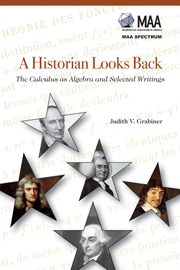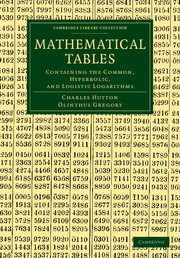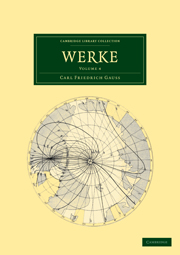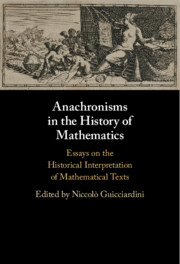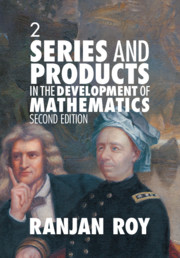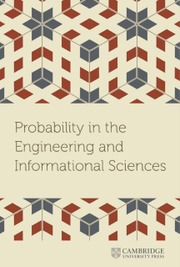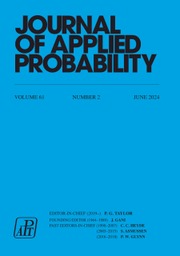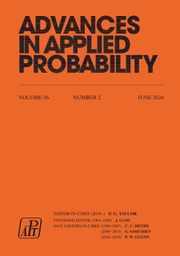A Historian Looks Back
Judith Grabiner has written extensively on the history of mathematics, principally for mathematicians rather than historians. This collection of her work highlights the benefits of studying the development of mathematical ideas and the relationship between culture and mathematics. She also considers the struggles and successes of famous mathematicians with the aim of inspiring students and teachers alike. A large part of this book is the author's The Calculus as Algebra: J.-L. Lagrange, 1736–1813 which focuses on Lagrange's pioneering attempt to reduce the calculus to algebra. The nine other articles are on a broad range of other topics such as some widely held myths about the history of mathematics and the work of heavyweight mathematicians such as Descartes, Newton, Maclaurin and Lagrange. Six of these articles have won awards from the MAA for expository excellence. This collection is an inspiring resource for history of mathematics courses.
- Reveals the creativity that has produced the mathematics we see as the finished product in textbooks
- Includes the author's important book on J. L. Lagrange, published in 1990
- Six of the articles have won awards for expository excellence
Product details
October 2010Hardback
9780883855720
306 pages
262 × 183 × 21 mm
0.69kg
This item is not supplied by Cambridge University Press in your region. Please contact Mathematical Association of America for availability.
Table of Contents
- Introduction
- Part I. The Calculus as Algebra: Introduction
- 1. The development of Lagrange's ideas on the calculus:
- 1754–1797
- 2. The algebraic background of the theory of analytic functions
- 3. The contents of the functions
- 4. From proof-technique to definition: the pre-history of Delta–Epsilon methods
- Conclusion
- Appendix
- Bibliography
- Bibliography:
- 1966–present
- Part II. Selected Writings:
- 5. The mathematician, the historian, and the history of mathematics
- 6. Who gave you the Epsilon? Cauchy and the origins of rigorous calculus
- 7. The changing concept of change: the derivative from Fermat to Weierstrass
- 8. The centrality of mathematics in the history of Western thought
- 9. Descartes and problem-solving
- 10. The calculus as algebra, the calculus as geometry: Lagrange, Maclaurin, and their legacy
- 11. Was Newton's calculus a dead end? The continental influence of Maclaurin's Treatise of Fluxions
- 12. Newton, Maclaurin, and the authority of mathematics
- 13. Why should historical truth matter to mathematicians? Dispelling myths while promoting maths
- 14. Why did Lagrange 'prove' the parallel postulate?
- Index
- About the author.

